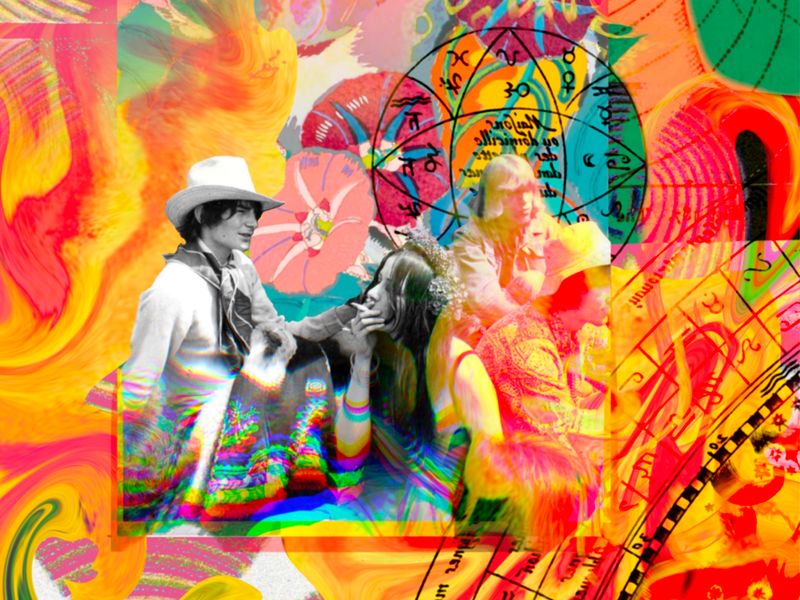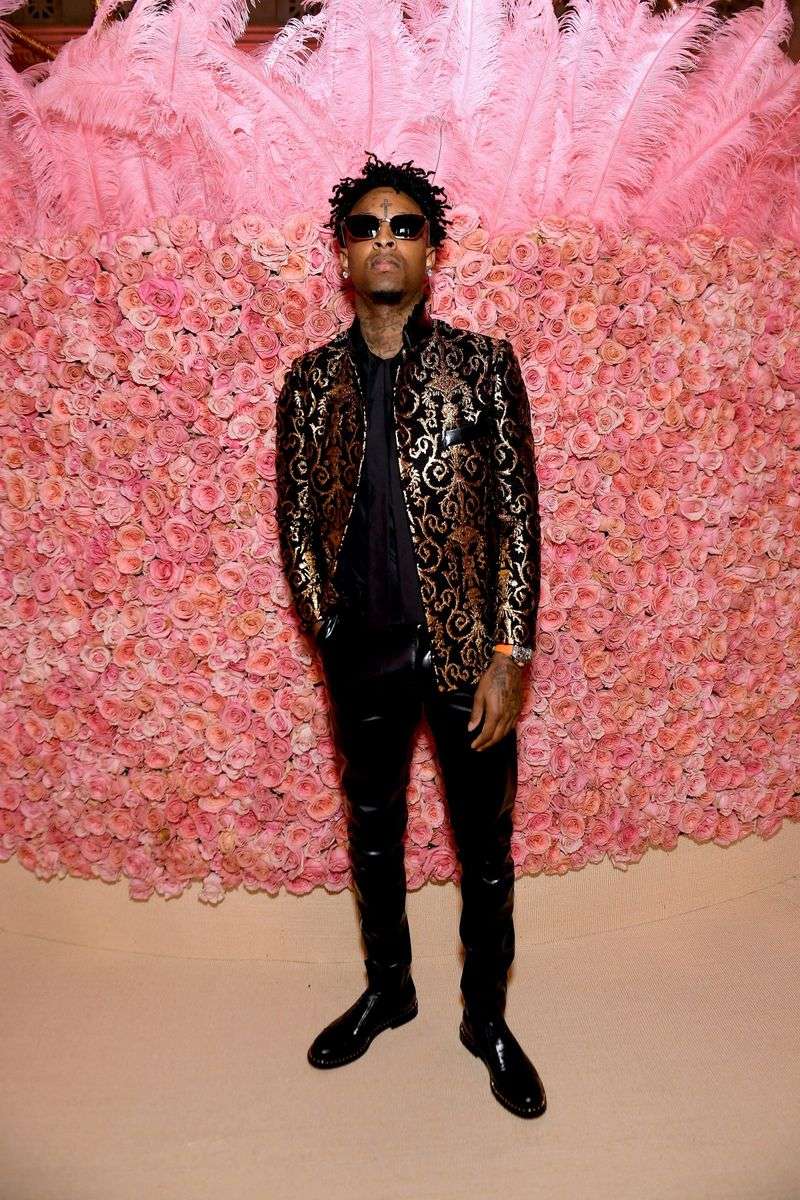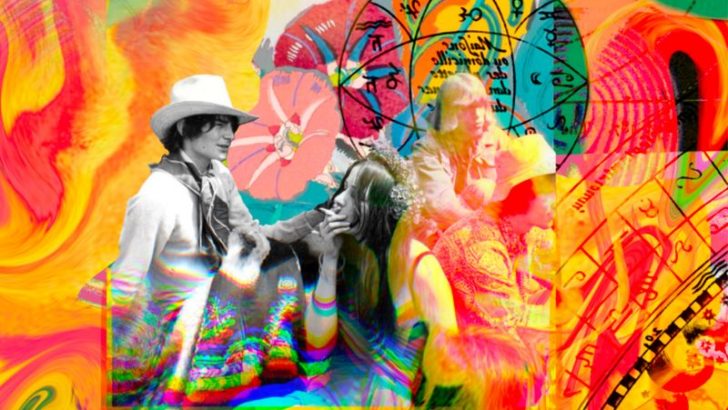In the ever-evolving landscape of language, certain words take center stage, especially among Gen Z. While these terms can provide a sense of community and identity, their overuse often leads to fatigue among listeners. Here, we explore ten such words that have become staples in the Gen Z vocabulary but might leave others rolling their eyes. Each word is dissected for its unique charm and cultural significance, but also for the exhaustion it can cause when heard one too many times.
1. Lit

Lit has become the go-to term for describing something exciting or fun. Whether it’s a party, a concert, or an event, if it’s lit, it’s worth attending. This word encapsulates a sense of energy and thrill that resonates with the youth. However, its frequent use has led to a point where its impact might be diminishing.
Originally rooted in African American Vernacular English, lit has evolved into a mainstream term. Despite its origins, some feel it’s being overused and losing its original cultural significance. Its once unique flair is now a common catchphrase.
2. Slay

Slay is more than just a word; it’s a declaration. Used to compliment someone’s outfit, makeup, or performance, saying someone slays means they’re doing exceptionally well. This empowering word celebrates confidence and style, making it a favorite among Gen Z.
Yet, as with many popular expressions, slay has found its way to ubiquity. Its empowering nature is sometimes overshadowed by its overuse, turning what was once a powerful statement into a commonplace affirmation. Its original zeal may be waning for those who hear it too much.
3. Yeet

Yeet is the embodiment of excitement and spontaneity. Whether tossing an object with enthusiasm or expressing strong emotion, yeet adds a playful twist to the action. This word has transcended its original meme status to become a staple in everyday language.
Despite its playful charm, yeet’s novelty is fading as it’s overused in various contexts. What once symbolized fun and spontaneity is now met with eye-rolls from those who hear it too often. Its initial appeal is being diluted by repetition, leaving some yearning for more creative expressions.
4. Mood

Mood is the ultimate expression of relatability. Whether someone posts a picture of a lazy cat or a grumpy weather day, saying “mood” affirms shared feelings. It’s a simple yet effective way to connect with others’ emotions.
However, as it’s applied to almost any situation, its specificity is losing ground. What was once a clever way to express alignment with a feeling is turning into a generic reaction. The term’s overuse can lead to a disconnect, as its initial relatability is overshadowed by its predictability.
5. Flex

Flex is all about showcasing achievements or possessions. Whether it’s a new car, a gym body, or a trendy gadget, flexing is showing off with pride. It’s a term that resonates with self-expression and confidence.
Yet, the line between pride and boastfulness is thin, and flex can border on the latter when overused. What started as a celebration of success might feel like a recurring display of vanity. As it saturates conversations, its original confidence is sometimes perceived as arrogance by the weary audience.
6. Vibe

Vibe is more than just a word; it’s an experience. Whether describing a place, an event, or a person, if the vibe is right, everything falls into place. This term captures the essence of atmosphere and energy, making it a beloved part of Gen Z vernacular.
However, as it frequently describes nearly everything, vibe’s meaning starts to blur. The term’s overuse risks turning a once rich descriptor into a hollow saying. The unique ambiance it once conveyed is becoming ordinary to those who hear it at every turn.
7. Savage

Savage is a term for those moments of boldness, where actions or statements defy norms. Whether it’s a witty comeback or a daring feat, being called savage is a badge of honor. It celebrates bravery and wit, resonating with the daring spirit of Gen Z.
Yet, when every clever remark is labeled savage, the term’s power diminishes. What was once a mark of exceptional audacity is now an everyday descriptor. Its repetitive use can dull the bold edge it once had, leaving listeners yearning for more originality.
8. Bet

Bet is a versatile word in Gen Z dialogue, signaling agreement or confirmation. Whether making plans or confirming actions, saying “bet” seals the deal with a sense of trust. It’s a concise way to affirm intentions and understanding.
However, its constant use can make it feel mechanical. What was once a refreshing nod of agreement can become monotonous. The word that once added flair to conversations is losing its distinctive touch among those who hear it too often. Its simplicity, though charming, risks becoming mundane.
9. Extra

Extra is a playful term for those who go beyond the norm. Whether it’s in fashion, behavior, or expression, being extra means embracing extravagance. It’s a term that celebrates individuality and flamboyance, fitting well with Gen Z’s love for self-expression.
However, when everything becomes extra, the term can lose its playful edge. What was once a fun way to describe over-the-top actions might feel excessive itself. Its charm is wearing thin for those who encounter it frequently, reducing its once vibrant appeal.
10. Bussin

Bussin describes something delicious or satisfying, especially food. If a meal is bussin, it’s flavorful and fulfilling. This word adds zest to culinary experiences, turning a simple meal into a moment worth savoring.
Yet, as it adorns every dish, bussin risks losing its flavorful punch. Overuse can rob this term of its special taste, making it a cliché among food enthusiasts. Its delightful flair is becoming muted for those who hear it at every dining occasion, craving more inventive expressions.

